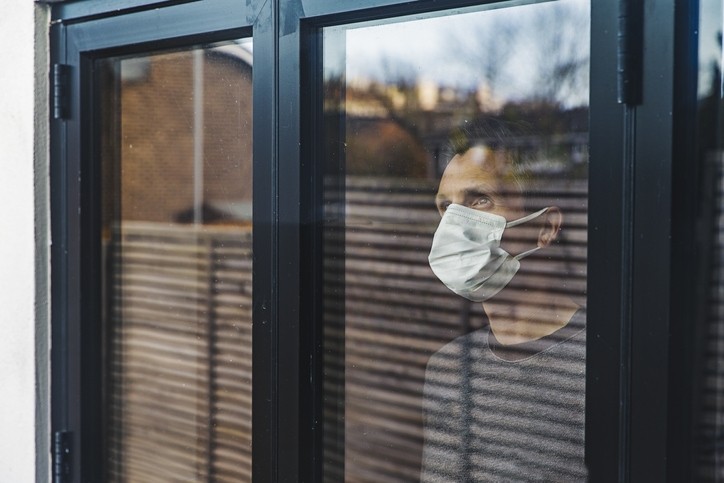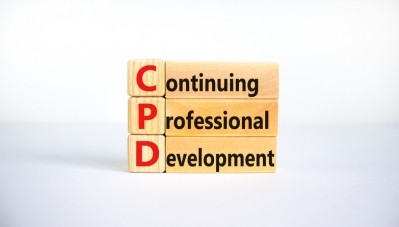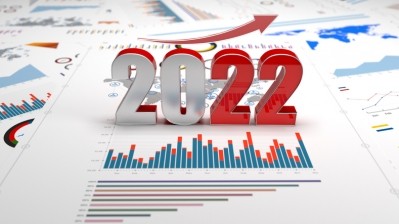EU feed sector not feeling the brunt of Omicron staff shortages as yet

And it is so far, so good for feed producers.
The findings of a survey FEFAC undertook this week with its members has shown little in the way of impact from COVID-19 related contamination of employees, or self-isolation requirements in European feed mills and adjacent operations.
“No labor shortage concerns have been triggered by COVID-19 infections yet,” said Anton van den Brink, spokesperson, EU Feed Manufacturers' Federation (FEFAC).
The World Health Organization (WHO) said on Thursday [Jan 6] that a record 9.5 million COVID-19 cases were registered globally over the last week, a 71% increase from the previous 7-day period. However, the number of weekly recorded deaths declined.
UK feed industry representatives, the AIC, noted "some staffing challenges" in feed and logistics operations resulting from infection and self-isolation requirements.
“However, members report that they are managing these issues reasonably well,” said James McCulloch, head of feed sector, the Agricultural Industries Confederation (AIC).
A representative for Danish Agro, which operates feed mills in Denmark and across Scandinavia and the Baltic Sea region, told us that, to date, the company has not been inundated with COVID-19 related absences.
“We have only experienced a few individual cases, but not on a critical level yet in our feed mills. We have of course implemented a number of restrictions and guidelines to avoid this from happening.”
Security of supply
German agribusiness group, AGRAVIS, did not reveal the extent of COVID-19 related staff shortages but said it has been doing everything it can as “a system-relevant” company to ensure security of supply for its customers since the start of the COVID-19 pandemic.
“This naturally also includes the continuous production of feed. In our feed plants and logistics, we pay attention to consistent shift separation, a strict testing regime, and strict compliance with hygiene rules.
“Our internal crisis team meets regularly and adjusts the guidelines for employees as necessary. In this way, AGRAVIS considers itself prepared for the challenges of the pandemic.”







